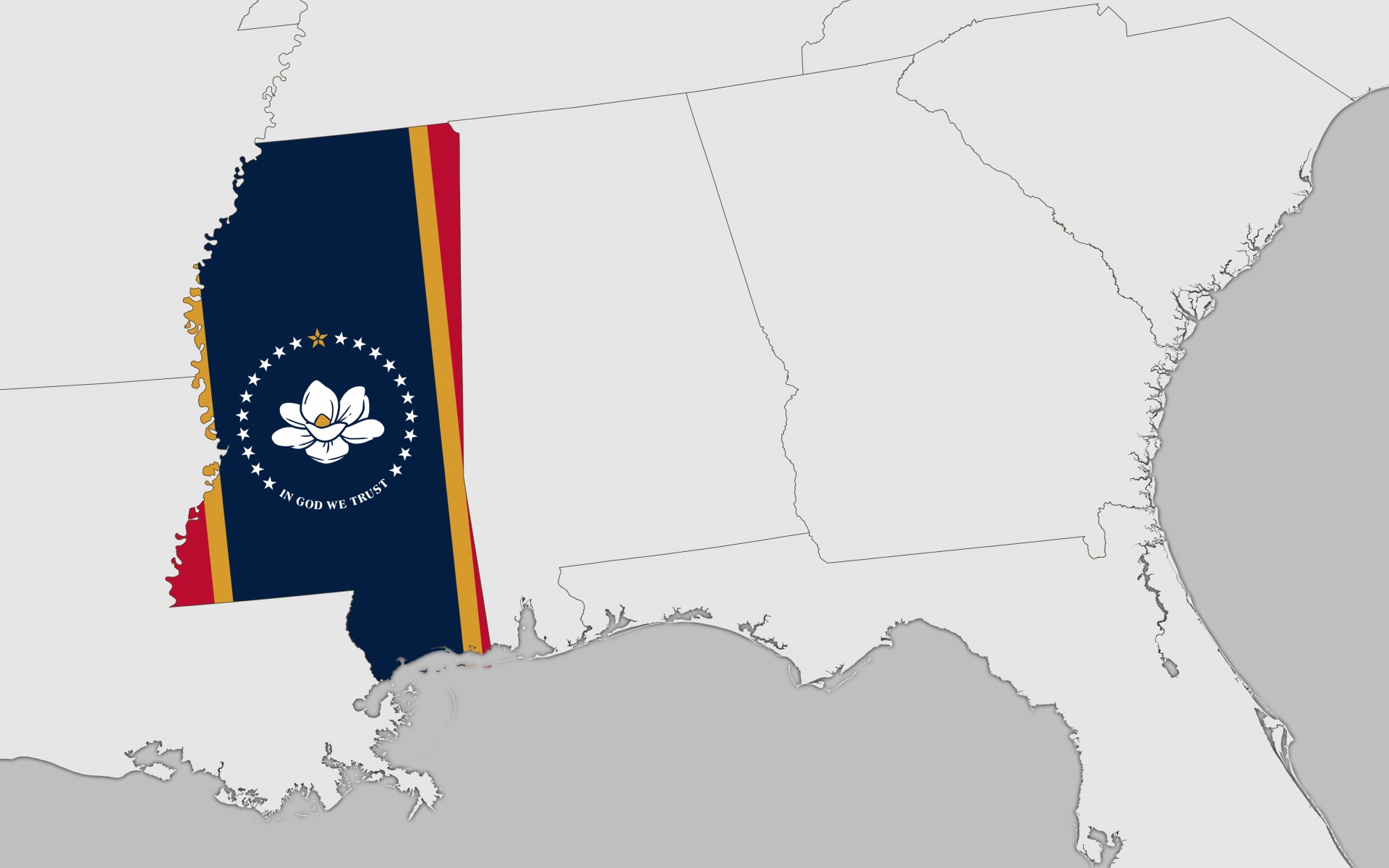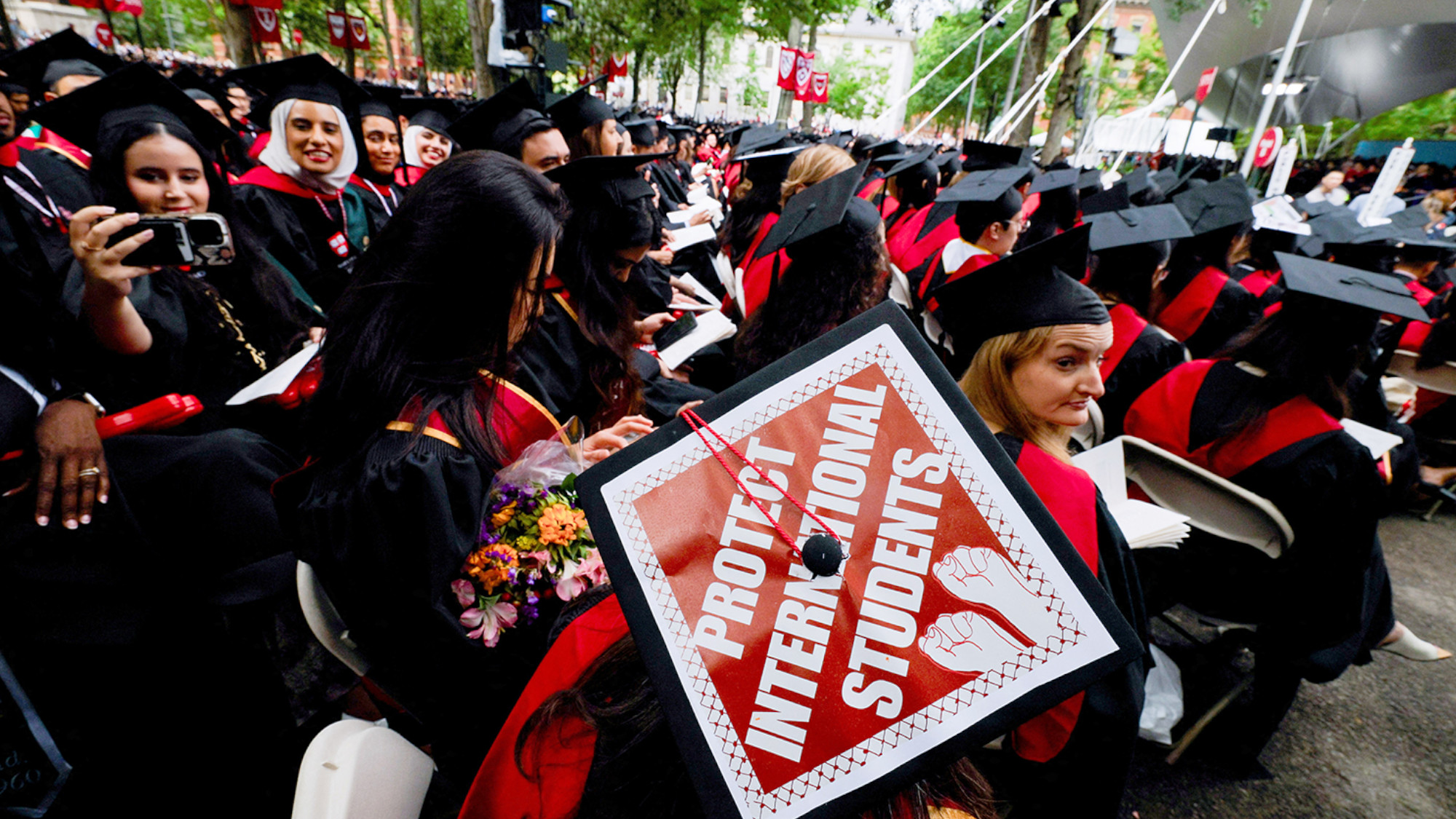The pros and cons of getting a college degree
Bachelor's degrees might not be as valuable as they used to be


A free daily email with the biggest news stories of the day – and the best features from TheWeek.com
You are now subscribed
Your newsletter sign-up was successful
College degrees have been considered a ticket to financial success for a long time, but faith in the return on investment of higher education appears to be waning. Enrollment at some institutions is in decline, and some analysts are pushing back against the narrative that college is necessary. While this isn't a new debate, changes in employer expectations and generational differences are shaping the way we discuss the value of a college education.
Pro: You're more likely to make higher wages
College graduates continue to have statistically higher wage potential than their peers without degrees. A Burning Glass Institute study recently found that the "four-year degree is still a valuable commodity, delivering an immediate 25% wage premium within a year of graduation," The Wall Street Journal reported, noting that the difference remained consistent over 12 years. A degree also "makes it easier for graduates to recover from early career struggles" and allows unemployed graduates to "move up more easily into jobs where more of their coworkers have a degree."
Part of why graduates have more upward mobility is because their degrees are a "gateway to professional occupations, such as business and engineering, in which workers learn new skills, get promoted and gain managerial experience," David Deming wrote in The Atlantic. In contrast, workers without degrees tend to "end up in personal services and blue-collar occupations, for which wages tend to stagnate over time."
The Week
Escape your echo chamber. Get the facts behind the news, plus analysis from multiple perspectives.

Sign up for The Week's Free Newsletters
From our morning news briefing to a weekly Good News Newsletter, get the best of The Week delivered directly to your inbox.
From our morning news briefing to a weekly Good News Newsletter, get the best of The Week delivered directly to your inbox.
Con: Some companies don't value degrees like they once did
Employers from various industries have stopped requiring college degrees for certain positions. They are instead considering more skills-based qualifications, thus creating alternative routes for entering the workforce. Some companies have "invested in hiring routes such as apprenticeships so new recruits can train on the job," Financial Times reported. Even though the shift is often "just virtue-signaling," Joseph Fuller, co-lead of Harvard Business School's Managing the Future of Work program, told the Times, he believes "eliminating degree requirements is smart business and an appropriate thing to do."
Pro: The value of a degree trickles down into society
Postsecondary education ultimately "benefits society writ large," Diane Cheng, vice president of research and policy at the Institution for Higher Education Policy, told Inside Higher Ed. The advantages graduates gain from a college education "flow down to their communities, to their families, to their economies," Cheng said. So investing in resources to make college more affordable and "improve postsecondary value is really something that benefits everyone."
Con: The burden of student debt can outweigh the benefits of higher ed
When it comes to the high cost of higher education, "the United States is an outlier in more ways than one," Paul Tough wrote in The New York Times Magazine. In other countries, the government subsidizes the cost of college, bringing tuition as low as $2,000 a year or even "essentially zero." A few decades ago, U.S. state and federal governments also covered much of the cost of public colleges. "Now students and their families bear much of the burden," often taking out onerous student loans to cover the rising costs, "and that fact has changed what used to be a pretty straightforward calculation about the economic value of college into a complex math problem" that doesn't always end in a positive number.
Pro: You'll have a longer life expectancy
While doing research for a recently published paper, Princeton economists Anne Case and Angus Deaton discovered that the "America of those without college degrees has been scarred by death and staggeringly shorter life spans," the pair wrote in an essay in The New York Times. "For those without college degrees, life expectancy reached its peak around 2010 and has been falling since." The issue is "an unfolding disaster that has attracted little attention in the media or among elected officials," they added.
A free daily email with the biggest news stories of the day – and the best features from TheWeek.com
Con: New grads make less than their parents did when starting out
Today's college graduates are making less money on average than their parents did after they finished school. Over the past four decades, graduates' salaries have decreased by more than 10% after adjusting for inflation, according to a recent report by Self Financial. In 1984, new "graduates earned $23,278, on average, or $68,342 in today's dollars," which is "roughly $7,254 more than 2023 graduates," CNBC summarized.
Theara Coleman has worked as a staff writer at The Week since September 2022. She frequently writes about technology, education, literature and general news. She was previously a contributing writer and assistant editor at Honeysuckle Magazine, where she covered racial politics and cannabis industry news.
-
 How the FCC’s ‘equal time’ rule works
How the FCC’s ‘equal time’ rule worksIn the Spotlight The law is at the heart of the Colbert-CBS conflict
-
 What is the endgame in the DHS shutdown?
What is the endgame in the DHS shutdown?Today’s Big Question Democrats want to rein in ICE’s immigration crackdown
-
 ‘Poor time management isn’t just an inconvenience’
‘Poor time management isn’t just an inconvenience’Instant Opinion Opinion, comment and editorials of the day
-
 American universities are losing ground to their foreign counterparts
American universities are losing ground to their foreign counterpartsThe Explainer While Harvard is still near the top, other colleges have slipped
-
 How Mississippi moved from the bottom to the top in education
How Mississippi moved from the bottom to the top in educationIn the Spotlight All eyes are on the Magnolia State
-
 How will new V level qualifications work?
How will new V level qualifications work?The Explainer Government proposals aim to ‘streamline’ post-GCSE education options
-
 England’s ‘dysfunctional’ children’s care system
England’s ‘dysfunctional’ children’s care systemIn the Spotlight A new report reveals that protection of youngsters in care in England is failing in a profit-chasing sector
-
 The pros and cons of banning cellphones in classrooms
The pros and cons of banning cellphones in classroomsPros and cons The devices could be major distractions
-
 School phone bans: Why they're spreading
School phone bans: Why they're spreadingFeature 17 states are imposing all-day phone bans in schools
-
 Education: America First vs. foreign students
Education: America First vs. foreign studentsFeature Trump's war on Harvard escalates as he blocks foreign students from enrolling at the university
-
 Where will international students go if not the US?
Where will international students go if not the US?Talking Points China, Canada and the UK are ready to educate the world
